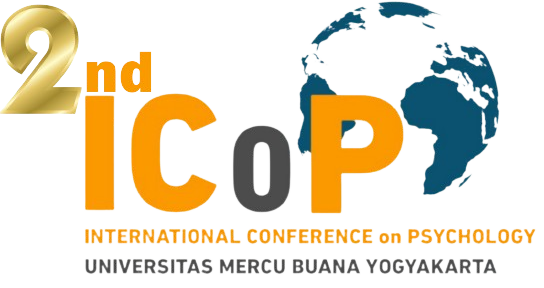From Offline to Online: Investigating Acceptability and Accessibility of a Digital Intervention Among Indonesian Undergraduate Community Students
Abstract
Undergraduate students experience many challenges that can disturb their academic achievement and mental health. Digital interventions have the potential to be a solution because these type interventions can reach a lot of people at anytime and anywhere. Although there are several advantages of online compared to offline interventions, there are some issues (for example high drop-out rates) that should be considered to maximize benefit for participants. To the best of our knowledge, very few studies about digital interventions in Indonesia. Therefore, there is still a gap in the literature that requires further research. Using a brief mindfulness online intervention, the aim of this study was to investigate the acceptability and accessibility of a digital intervention for Indonesian undergraduate community students. In the first part, we developed an online platform and conducted a pilot study, and in the second part, we involved 110 undergraduate students as users to participate in a 14-day intervention. To gather comprehensive information, we conducted Zoom focus group discussions and an open-ended survey via Qualtrics. We formulated the questions to gather user feedback on the website and to understand users’ experiences during the intervention. Results showed that majority of undergraduate students had positive responses, indicating they are open to accepting and accessing a brief online mindfulness intervention (on the digital aspects). In conclusion, to successfully implement digital interventions, conducting a pilot study is advised as it allowsfor evaluations and reduces the potential for errors. The technology also should be tailored to
the target group who needed the intervention. Additionally, understanding participants' characteristics and providing support for any issues related to the interventions are key factors in ensuring their smooth execution.
Keywords: acceptability, accessibility, digital intervention, mental health, undergraduate community



